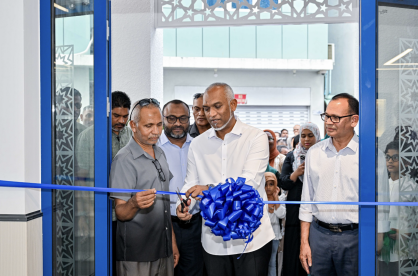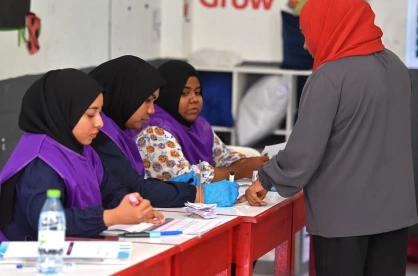State-owned enterprises (SOEs) in the Maldives play a pivotal role in the economy by providing essential services in sectors such as energy, finance, and infrastructure. However, despite their strategic importance, the government faces ongoing challenges in managing these enterprises, particularly regarding their financial sustainability. The persistent lack of profitability in many SOEs has placed a significant burden on the state budget, prompting urgent calls for reform.
Recent data from the first quarter of 2024 underscores the severity of these challenges. Of the 30 SOEs operating in the Maldives, 14 reported losses during this period. To sustain these enterprises, the government allocated MVR 1.2 billion from the state budget in just three months. This situation has intensified concerns about the sustainability of SOEs, especially in the context of the Maldives' broader debt crisis.
In response, the current administration has initiated several reforms aimed at improving the performance and accountability of SOEs. Among the first steps were mergers and organizational restructuring. Notable changes include:
- The merger of the Business Centre Corporation (BCC) with the Fund Management Corporation.
- The transfer of the Regional Airports Company under the management of Maldives Airports Company Limited (MACL).
- The transfer of Fahi Dhirulhun Corporation (FDC) to the Housing Development Corporation (HDC).
- Plans to dissolve the Maldives Integrated Tourism Development Corporation (MITDC) and AgroNet.
In addition to structural changes, the government has introduced new policy measures to enhance financial oversight. On December 25, 2024, the Privatization and Corporatization Board (PCB) approved guidelines requiring SOEs to obtain prior approval from the Ministry of Finance before securing any loans. This policy aims to ensure better financial planning and reduce reliance on state support. Key requirements under the new guidelines include:
- Loan assessment and approval:
- SOEs must conduct a comprehensive technical assessment detailing the purpose of the loan, financing options, and potential sources.
- The proposal must include resource allocation plans, business expansion objectives, and an evaluation of the loan’s impact on existing financial obligations.
- Priority must be given to securing loans from government shareholding entities.
- The assessment must also outline the extent to which the company would depend on the state budget if the loan is approved.
- Approval from the company board is required before submitting the proposal to the Finance Ministry.
2. Salary and administrative reforms:
- SOEs must seek Finance Ministry approval for changes to salary structures or administrative policies.
3. Investment proposals
- Any investment plans must be reviewed and approved by the Finance Ministry to ensure alignment with national financial goals.
The new policy represents a turning point for SOEs in the Maldives, providing a structured approach to financial management and oversight. By requiring rigorous technical assessments and Ministry of Finance approval for loans, the policy can prevent hasty or poorly planned borrowing that could further strain the country’s finances. The emphasis on evaluating alternative funding sources and prioritizing loans from government-backed entities introduces a layer of financial caution that was previously lacking.






